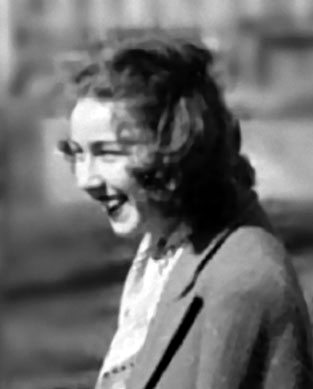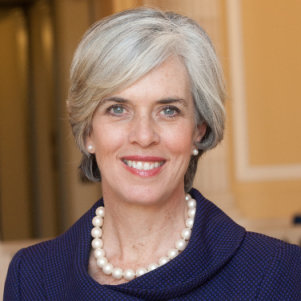‘Pivotal’ Catholic Canceled by Catholic College
By Kevin Thomas | August 3, 2020, 23:28 EDT

She is regarded as the “greatest American Catholic Writer” according to one of the books I use in my classes (The Catholic Spirit).
Bishop Robert Barron filmed a documentary of her, as part of his The Pivotal Players of Catholicism series.
Flannery O’Connor, who died of complications from lupus in 1964, at the age of 39, wrote in an aggressive, haunting style that presented the mess of life on earth before your eyes, a flawed humanity in need of grace.
“Mix the Catholic part of Flannery O’Connor with her Georgia roots and life, and the result was a high octane literary cocktail,” wrote George Weigel.
“She knew that an ice-your-own-cupcake world was a world that had forgotten its need for redemption, and an ice-your-own-cupcake religion was incapable of calling that kind of world to recognize the reality of sin and the need for conversion.”
For these reasons and more, the president of Loyola University Maryland, Father Brian Linnane, named a new residence hall on campus after O’Connor, in 2007.
But, 13 years later, Linnane has removed O’Connor’s name from the building.
If there was a statue of O’Connor on campus, it surely would come down. Consider it another example of our current, condemning, canceling culture.
But it was not a mob scene canceling a great American Catholic writer, but a Catholic college. O’Connor, who grew up in the Deep South in the mid-20th century, battled her own racist tendencies that were evident in her youth. But even though O’Connor apparently recognized that flaw, in herself and others, and worked to correct it, it was not good enough for Loyola. In announcing the changing of the hall’s name, Father Linnane wrote:
“Information coming forward recently about O’Connor … has revealed that some of her personal writings reflected a racist perspective. The building names we use at Loyola should declare to our students – and entire community – what sort of values we esteem … A residence hall must be a home and a haven for those who live there, and its name should reflect Loyola’s Jesuit values …”
The “information” – followed by a student-led online petition – apparently stemmed from an article in the New Yorker, headlined: “How Racist was Flannery O’Connor?” and written by Paul Elie, a senior fellow with Georgetown University’s Berkley Center for Religion, Peace and World Affairs. Using personal letters of O’Connor, Elie notes racists remarks made by O’Connor as a teen-ager, and claimed her bigotry continued.
Critiques of the article were quickly published. Jessica Hooten Wilson, scholar in residence at the University of Dallas, and author of the book Giving the Devil his Due: Flannery O’Connor and The Brothers Karamazov, wrote in First Things:
“But Elie’s portrait of the author is incomplete. Because he misreads much of O’Connor’s writing, he concludes that she was unrepentantly racist. But O’Connor did not embrace bigotry. Like all of us, she was a sinner who struggled to purge herself of prejudices she knew were immoral. And she boldly fought racism – in both others and in herself – the best way she knew how: by writing stories.”
Even Father Linnane admitted to Catholic Review that “I have studied her fiction and non-fiction writings. Particularly in her fiction, the dignity of African-American persons and their worth is consistently upheld, with the bigots being the object of ridicule.” Regarding criticisms of O’Connor’s racist language as a teen-ager, he said “they don’t take into account any evolution in her thinking.”
Still, Father Linnane followed the ways of the cancel culture. (Father Linnane is renaming the hall after Sister Thea Bowman, an inspiring nun who died in 1990 after a ministry of seeking racial and cultural harmony).
Fordham professor Angela Alaimo O’Donnell, author of Racial Ambivalence: Race in Flannery O’Connor, spearheaded a petition to keep O’Connor’s name on the hall. More than 80 authors and academic and religious leaders signed the petition, including Bishop Barron. But Father Linnane would not be swayed.
In a promotional video for his documentary on O’Connor, Bishop Barron said:
“One of the great figures in 20th century Catholicism … She was a storyteller; by telling the deepest truth about things, she gave honor and glory to God. She revealed things that, especially in our troubled times, need to be revealed. She was a great prophetess of sin, of grace, of God’s mercy, of God’s redemption … deeply perceptive sense of the Catholic faith. She is needed even for our time as she was in her time.”
But she’s not needed at Loyola; another example of a Catholic school discharging Catholic identity.
Kevin Thomas is a writer and teacher, living with his wife and children in Maine.











